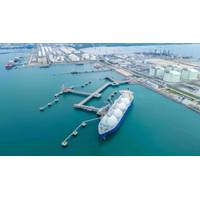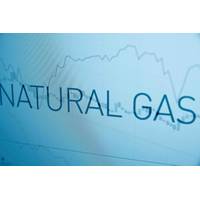Natural Gas to be 29% of World’s Energy Supply by 2050
The global oil demand will peak in the mid-2020s and gas demand will keep rising to 2033, says DNV GL.
Gas demand will then plateau, and the fuel will remain dominant until the end of the forecast period in 2050, when it will account for over 29% of the world’s energy supply, it said.
Significant investment will be required to ensure production meets demand, including realising the potential from stranded gas reserves and for reserve replacement. DNV GL forecasts global upstream gas capital expenditure to reach USD 737 billion (bn) in 2025, and USD 587 billion in 2050.
According to 2019 Energy Transition Outlook, a report by DNV GL, unconventional onshore gas will increase from 2019 right through to the end of the forecast period, growing by 68% from 2017 production levels. Production will principally come from North America.
Conventional onshore gas production will be maintained at today’s output rates until the late 2030s. It will then decline slowly to mid-century, ending at about 19% lower than 2017. Production has already begun to fall in North America, but it will continue to rise in North East Eurasia until 2033.
Offshore gas production will rise until 2040, when it will be 58% greater than in 2017. In 2050, it will still be more than a third (39%) higher than in 2017, with the Middle East and North Africa providing the greatest production volumes.
Power generation will be the main consumer of gas in most regions, challenged by manufacturing (mainly petrochemicals) in China, India, and Latin America.





